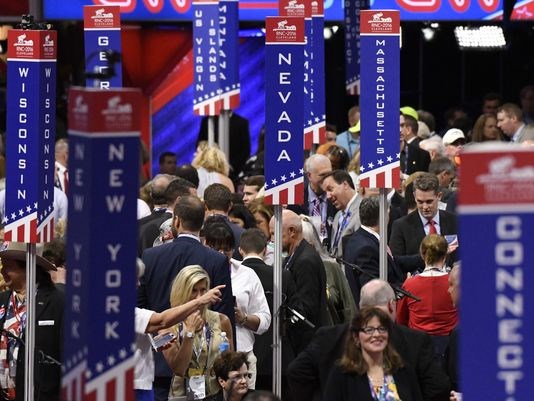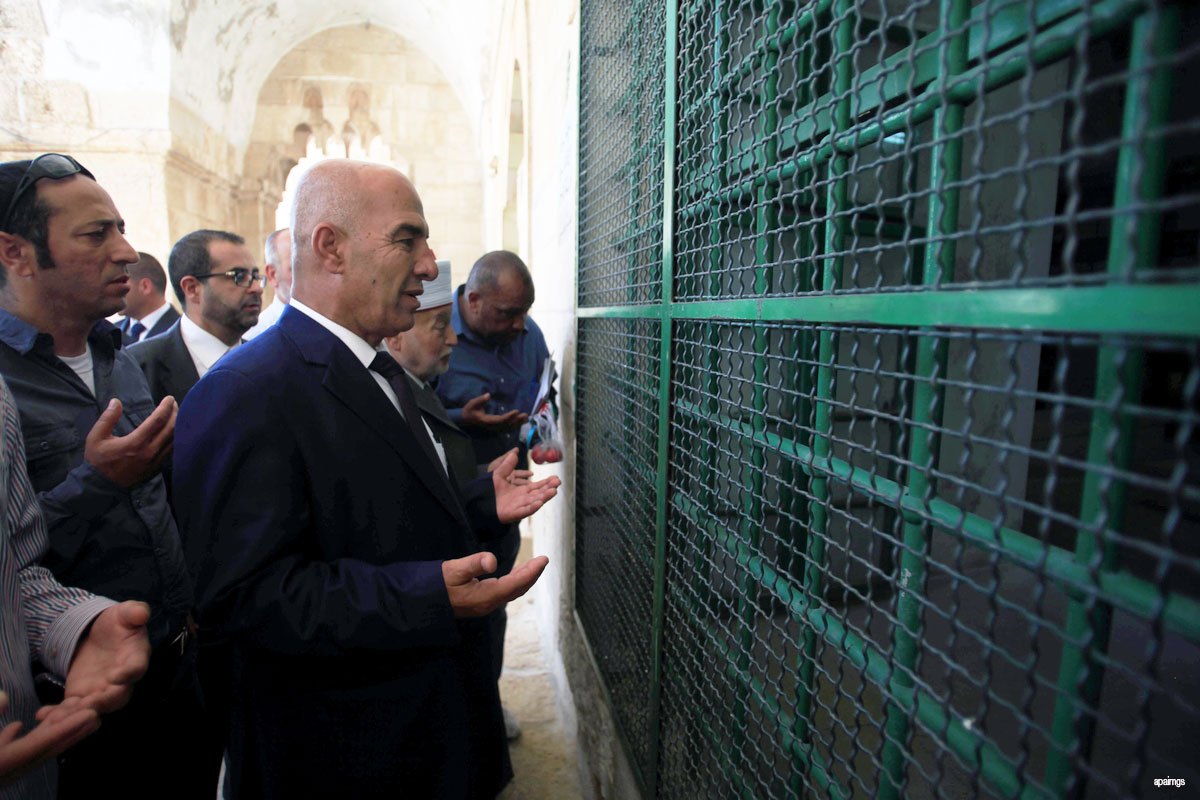There are no political parties in Iran and most candidates run in loose coalitions, so it is hard to give the exact breakdown of the results of Friday's elections.
The moderates appear to have done very well in the big cities, including Tehran, where The New York Times reports all 30 parliamentary seats went to reformist-moderate candidates. The conservative bloc is not monolithic, however: it also has radicals (or ultra-conservatives) and moderates.
President Hassan Rouhani has said the outcome of Iran's parliamentary polls shows that its people want an end to confrontation with the outside world. Khamesian said the president could count on parliament's support to drive through economic reforms and expand social freedoms. That accord has prompted a resurgence of a more normal economic relationship between Iran and the rest of the world, except the United States, where Congress continues to drag its feet on sanctions.
A prominent exception was Ahmad Jannati, who squeezed in at 16th place.
But Francois Nicoullaud, a political analyst and France's ambassador to Iran between 2001 and 2005, said economic development should not prove a problem "unless the guide (Khamenei) throws a spoke in the wheels".
The final results may provide the first clue as to whether key Western proponents of the deal will receive what they hoped for: a more open, moderate Iran.
Iranian-born analyst Alex Vatanka tells VOA many Iranians made a decision to vote after being persuaded it would be foolish not to do so.
"I say from the bottom of my heart, these youth today are more revolutionary than we were". The 76-year-old underwent prostate surgery in 2014, leading to renewed speculation about the state of his health. Though hardliners still control the majority of the Assembly, two influential spiritual leaders for the conservatives, Mohammad Yazdi and Mohammad-Taqi Mesbah-Yazdi, lost their seats.
Members of the 88-seat assembly are directly elected to office by people for an eight-year term.
Swansea boss Guidolin still in hospital
With just one point managed from the last eight league matches, the Norfolk club appear destined for a swift return to the Sky Bet Championship.
Supporters of Hassan Zamani, a candidate in Friday's elections, hold Zamani's pictures during a campaign gathering of candidates mainly close to the reformist camp in Tehran February 23, 2016. They partly achieved their main goal - the voting out of two of the three strong conservative personalities in the assembly, Ayatollah Mohammad Yazdi, its president, and Ayatollah Mohammad Taghi Mesbah-Yazdi, a figure long openly hostile to reformists.
Although Rouhani secured the nuclear agreement last July, ending a 13-year standoff over Iran's atomic ambitions, and sanctions were lifted last month he has so far been unable to deliver significant domestic reform.
But can we call the election results a victory for reformists?
Ahmadinejad repeatedly clashed with the West over his dramatic expansion of the nuclear program, his questioning of the scale of the Holocaust and his predictions of Israel's demise.
But numerous conservatives already elected are moderates who backed Rouhani on the nuclear deal.
The ballot was seen as a referendum on President Rouhani, who staked his government's success on achieving the nuclear accord and ending Iran's isolation overseas.
Third, this is not so much an affirmation of reformists as a rejection of conservatives.
"A friendlier parliament will also help Rouhani pursue his policy of constructive engagement with the West without the same degree of hostility he faced in the outgoing parliament", he said. Iranian investment banker Ramin Rabii said he expected the new parliament to address issues crucial to the business sector such as updating the country's commercial code, modernizing labor laws and improving stock market regulation.

